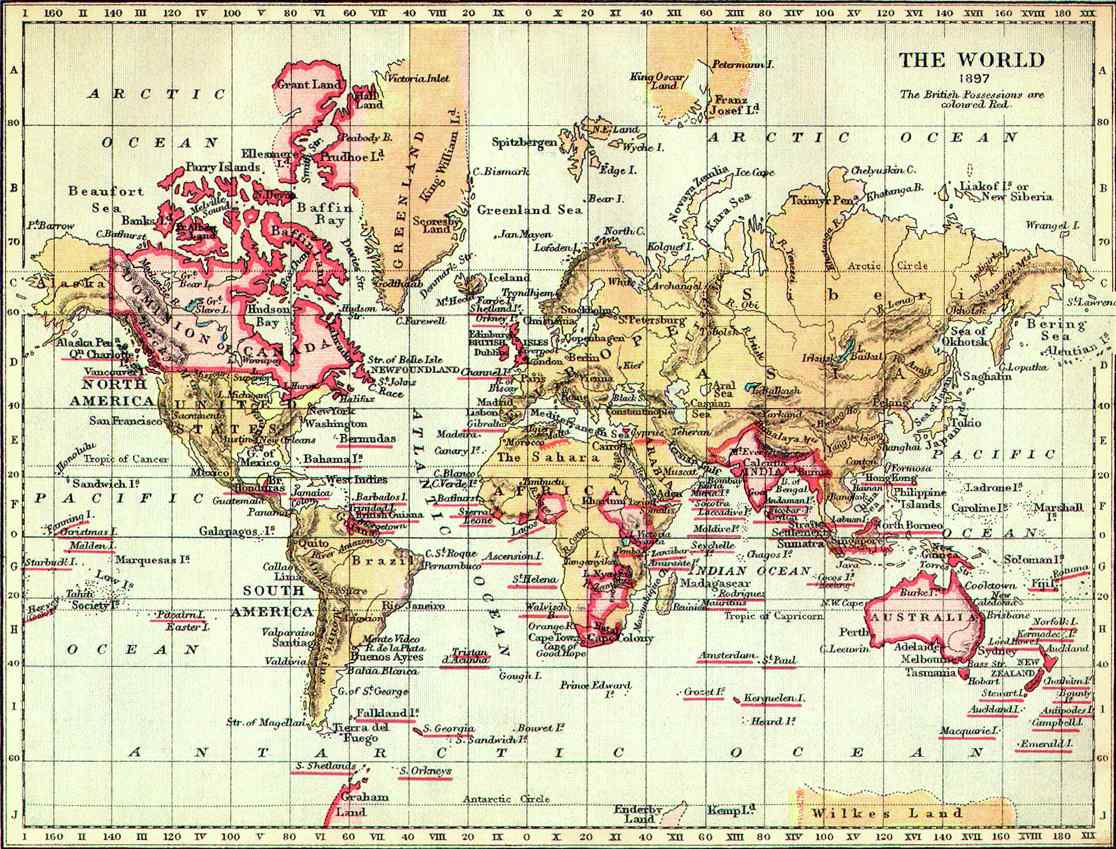Strange about that debate. All the common taters said that Trump lost badly. And I thought so too. Then the snap polls came in. They were just as strong the other way. They sll say he crushed it.
Okay, they weren't scientific. They could be manipulated. Still--polls from MSNBC, Time magazine. Hard to believe Trumpites are so dominant among computer geeks without being dominant in the general population. The well-educated and the young are not an obvious Trump demographic.
This might, of course, be an expression of enthusiasm, not numbers. But then, that too bodes ill for the Democrats. Who is likely to turn out to vote?
So I listened again, and I think I may see why. By conventional debating rules, sure, Clinton dominated. She had all her talking points ready. But Trump dominated her on the ancient and vitally important, but generally overlooked, matter of rhetoric. Political commentators are interested in policy. But without that interest, the rest of us are naturally, spontaneously, more impressed by rhetoric. We come away with a general tone of the matter. That is why it has been a traditional object of study.
Most of what Clinton actually said was tiresome cliche, the sort of boilerplate phraseology any good writer knows to avoid. The kind of stuff well-calculated to put your audience to sleep. Stuff we have all heard before, election after election. Much of it designed to obscure a point rather than to make it clearly.
I started to take notes. Especially early in the debate, there seemed to be one of these in almost every line.
- Wealthy pay their fair share; meaningless--what is "fair"? But who van be opposed to "fairness"?
- Close the corporate loopholes; again meaningless. What counts as a "loophole"? And haven't politicians been promising to do this for generations? And yet you say there are still " loopholes"?
- trickle down economics -- nobody on either side has ever believed in "trickle-down economics." But it sounds good, which is to say, bad. Classic straw man.
- Grow the economy -- sure. Who's against that?
- We just have a different view - meaning what? Just sounds thoughtful
- I understand that - meaning what? Just sounds thoughtful
- Invest in the middle class - why the middle class? Because nearly everyone sees themselves as middle class. If the majority saw themselves as lower class, or upper class, she would no doubt be investing in them.
- Wall Street - a bogey man. A faceless entity, so safe to demonize.
- Grow the economy - surely a radical proposal. Who's against? What does saying you will do this matter, since everyone says they will do this?
- Clean energy - clean sounds good, dirty sounds bad, but otherwise open to any arbitrary definition.
- Power every home - and why wouldn't you power every home?
- Get the economy really moving again - really. How dare she? Doesn't she fear the backlash?
- Building on the progress we've made over the past eight years
- I've tried to be very specific -- a good way to dodge giving any specifics.
- Get the economy going again
- Hold people accountable -- again, who is against this? Yet up to now, we have not bothered to do it? Yikes" Who has been in power recently, then?
- Robust set of plans - plans are always robust. But the term is meaningless in this context.
- Not add a penny to the debt
- Paid their fair share
- Streamline
- They are saying, "hey!"
- Rebuild the middle class
- Investing in the middle class
- It was a mistake, and
- I take responsibility - this line echoes Jack in Lord of the Flies. It is a way to avoid responsibility by paying it only lip service.
- Commonsense gun regulation - gee, can't really be against common sense, can we?
- In our great country - obligatory pander to everyone
- All of us need to be asking hard questions - ooh. Makes her sound tough. Without committing to anything.
- Unintended consequences
- Communities need to come together to do what will work - Meaningless phrase. Why wouldn't they? Haven't they?
- Faith communities
- Racist birther - sounds tough, hurled at Trump, but nowadays everyone and everything is declared to be " racist," so it only means disagreement and an attempt to avoid debate.
- We are not going to sit idly by - obviously not a Buddhist, then. Impressive.
- We are going to have to make it clear - good idea. How novel. Why not start tonight?
- The Russians need to understand that - an easy assumption that they do not. That's a pretty facile explanation. Im sure everything would have worked out better if Hitler had understodo he was not supposed to invade Poland, too.
- I have put forth a plan to defeat ISIS - why wouldn't you have? Your running for president
- I think we need to do much more - so why haven't we? Why haven't you?
- We have to be cognizant of the fact that - sounds so intelligent. But if we know we have to know what we know, we know.
- We've got to work more closely with our allies - Why didn't anyone think of this before?
All political boilerplate, empty of real meaning and certainly empty of impact. Just all the clever words. Intrinsically deceitful, lacking in vision of any kind, and insulting to the electorate. This kind of thing might have worked in the past, when people heard less of it. With information now ubiquitous, people are beginning to notice that they've heard it all many times before. You can' t even fool all of the people some of the time any more.
Trump, by contrast, for all his logical incoherence, his incomplete sentences, used words we are not used to hearing in politics, words with meaning and emotional impact:
- Stolen
- Firing
- Sad
- We cannot do it any longer
- You're wrong
- We have to stop them from leaving
- That was a disaster
- You can't do what you're looking to do
- Devastation
- A disaster
- Money back
- Big fat ugly bubble
- Ripped off
- A third world country
- The worst of all things has happened
- You walk down the street you get shot
- Abused and used
- Knock the hell out of ISIS
They were truthful in the way that a good novel is truthful--vivid, true to life. Real words as might be spoken by real people to talk about real things.
At the same time, he was railing against just the sort of politics-as-usual Clinton had neatly set herself up as an example of:
- Bureaucratic red tape
- Red tape
- Regulations
- Typical politician
- All talk, no action
- Political hacks
It had to be devastating.
What is certain is that Trump has uncommonly good skills, or instincts, as a rhetorician. What is at least as evident is that Hillary Clinton has no skills and no sense here.
And, as it happens, this is crucial to success as a president.












.jpg)















